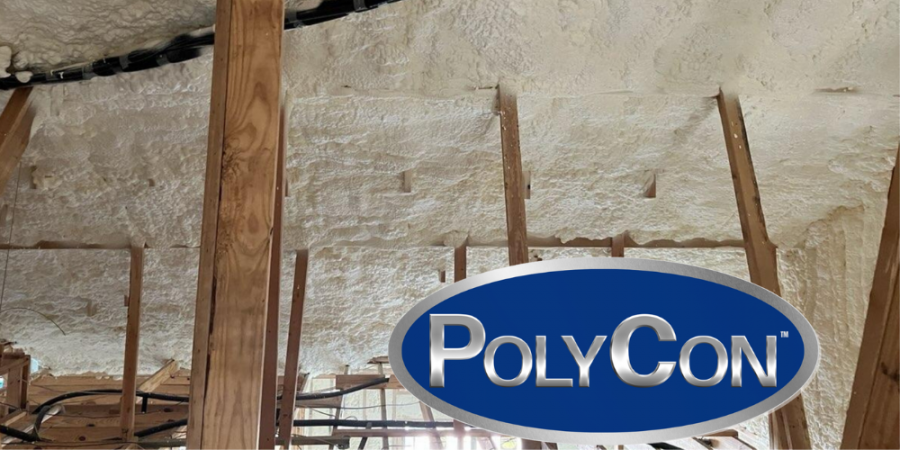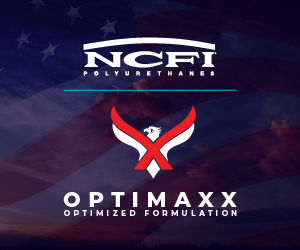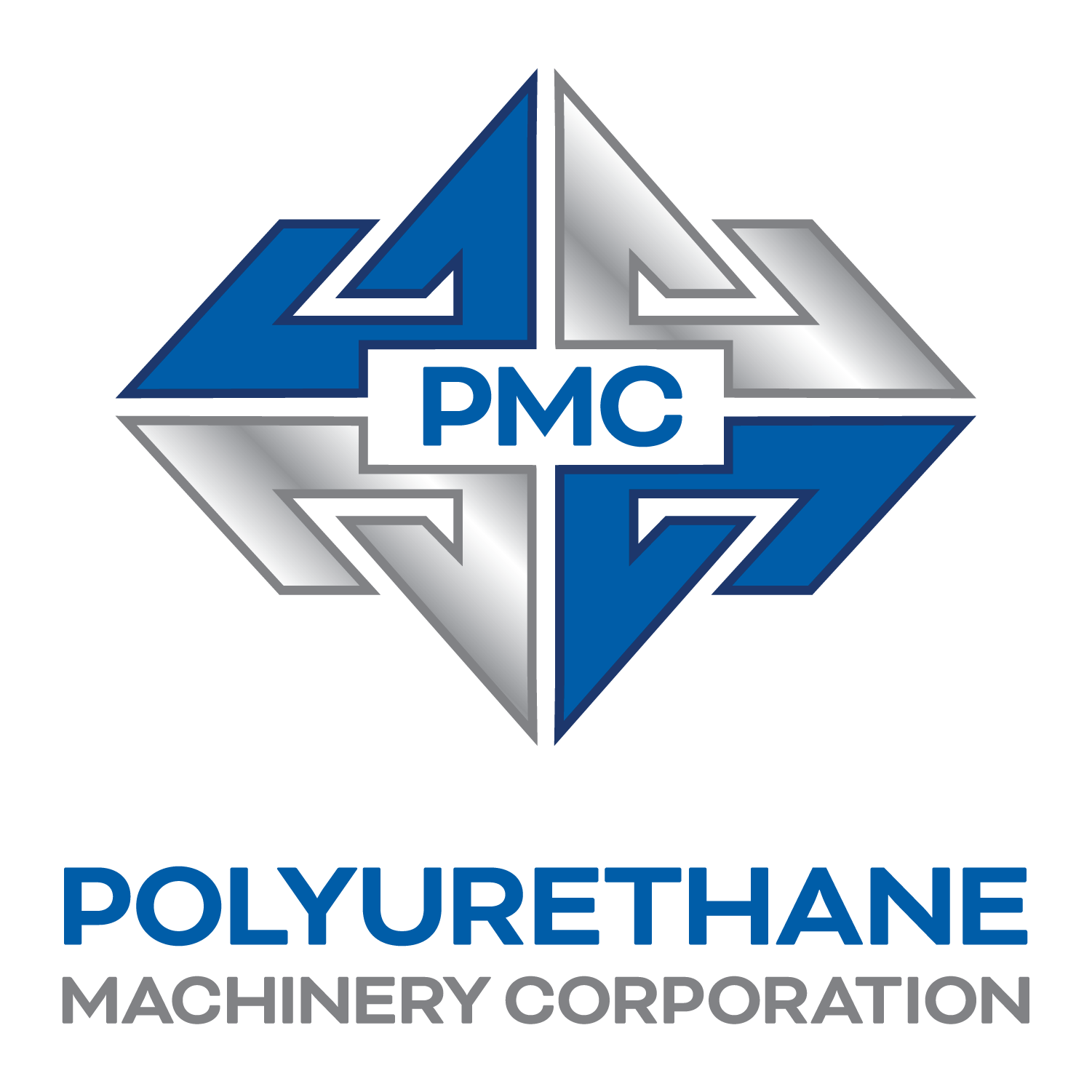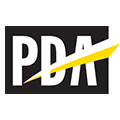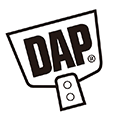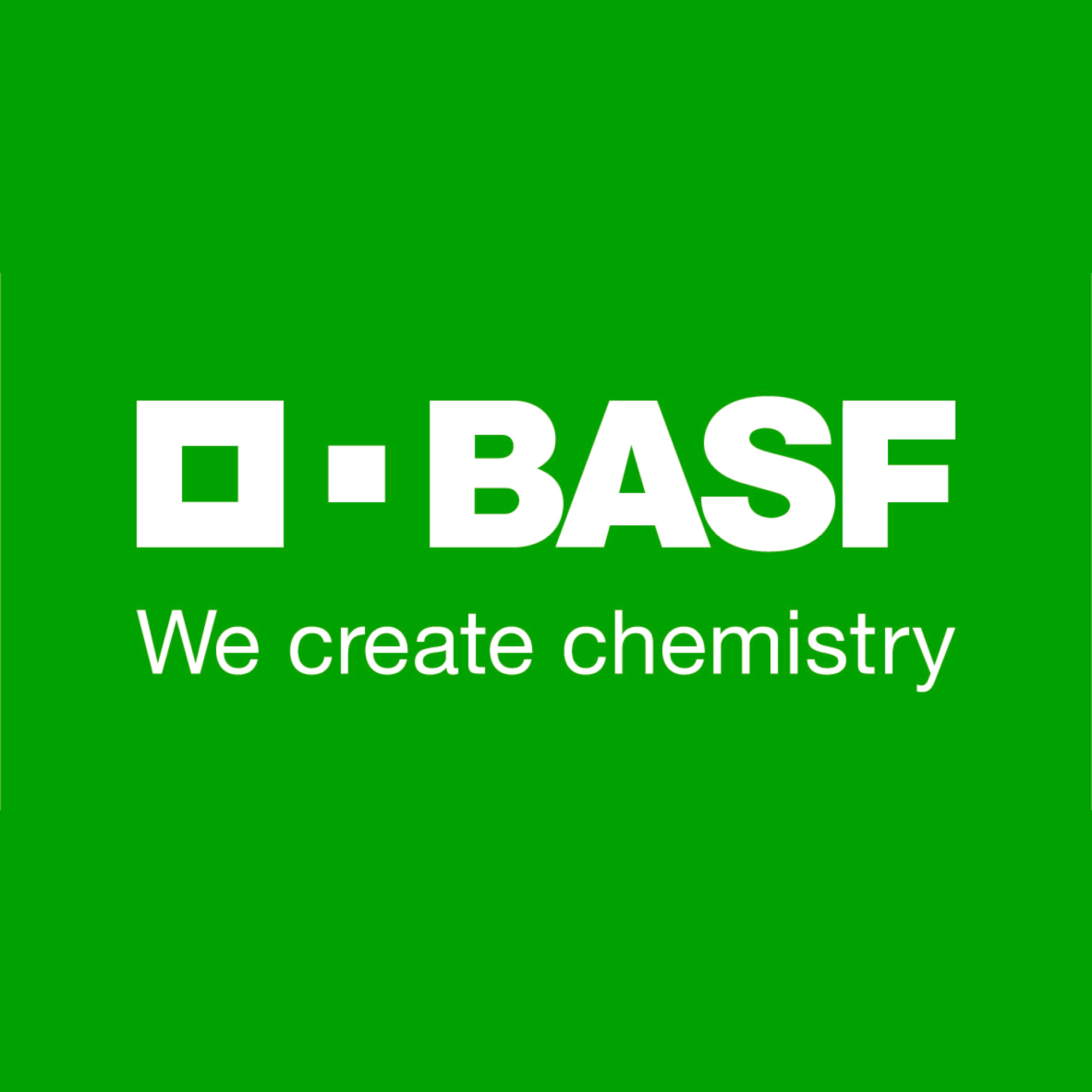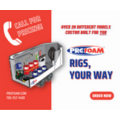NCFI Spray Foam Makes Working More Winter Days Equal More Money
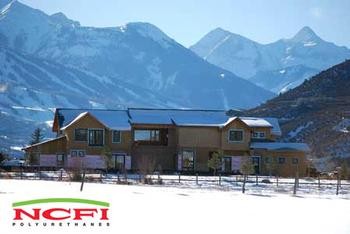
MOUNT AIRY, NC — Anton Cornellier, and his company Stony Creek Services, like it cold. They must since they apply insulation year round in Michigan, where the average January high is only 33°F and the average low is a frigid 15°F. If he wants to work on building projects in winter months he has to use products that can stand the cold. He uses the only spray foam insulation products suited for application down to temperatures in the range of 0°F (all other SPF products are recommended for use only to the 30°F range): NCFI Spray Foam Makes InsulStar and InsulBloc by NCFI .
That came in handy when Stony Creek Services was chosen to insulate the Henry Ford Hospital in West Bloomfield, MI. “When we’re working on commercial construction in January and February we deal with extreme cold and wind,” says Cornellier. His company applied SPF insulation to over 100,000 square feet of the Henry Ford Hospital in 20°F temperatures. “It was cold, frozen and we had to scrape away the snow most days. We used InsulBloc spray foam insulation because it’s the only SPF suited for this type of job.” It worked for him, the general contractor, and the hospital. “The contractor couldn’t afford to miss a day on this job; neither could we. With the help of InsulBloc, we worked right through the cold. There was great adhesion with no popping or cracking. We couldn’t have done the work without InsulBloc.”
Gerry Wagoner agrees. His company WRI Applications, applies insulation to residential and commercial buildings in West Central and Northern Ohio where the average low temp in January is 18°F. Wagoner says, “When you work in Ohio you have to find a way to work as many days of the year as possible. InsulStar and InsulBloc are our secret weapons. Since they are recommended for application down to 0°F, while other SPF products are not recommended for application below 30°F, they help keep us working throughout the year. That’s real money in the building trade.”
He illustrates the point, “We did a 5,700 board feet residential job in Dayton, OH in January where the average daily temp was 15°F,” says Wagoner. “We replaced recently installed fiberglass with InsulStar because it works great in extreme cold weather. We did thermal scans before to show how much heat the existing fiberglass insulation was losing, then after we applied InsulStar to show how tight the spray foam is. The owner was amazed and thrilled.” When asked what it’s like to work in 15°F Wagoner says simply, “It’s darned cold. Cold with a capital C.”
###
For more information, or to arrange an interview on this subject contact:
Dale McGlothlin (202) 341-8615
dm@seachangeglobal.com
About NCFI
NCFI was organized in 1964 by research chemist, Dr. H. W. Bradley and Barnhardt Manufacturing Company. NCFI is headquartered in Mt. Airy, NC and manufactures polyurethane foam chemical systems for spray foam-in-place insulation (SPF), roofing, marine floatation, packaging, specialty molding, and many other uses. The company also offers a complete line of flexible foams for furniture seating, transportation seating, bedding, carpet underlay, and packaging. NCFI also has manufacturing plants in Hickory, N.C., Dalton, GA., and Salt Lake City, UT. To learn more about NCFI please visit www.NCFI.com.
Disqus website name not provided.






